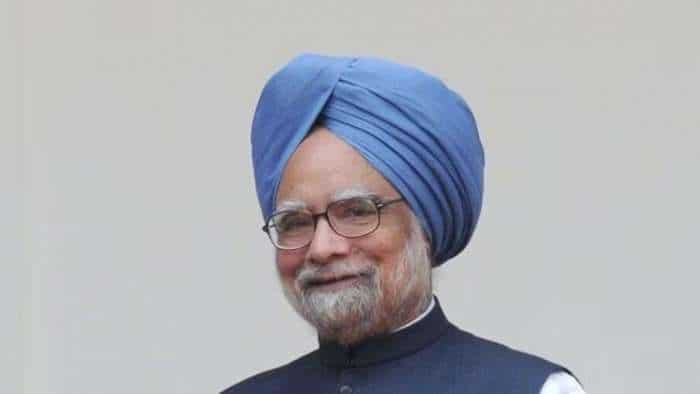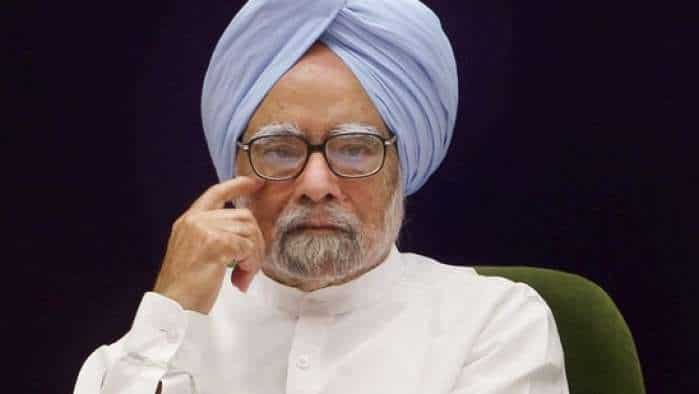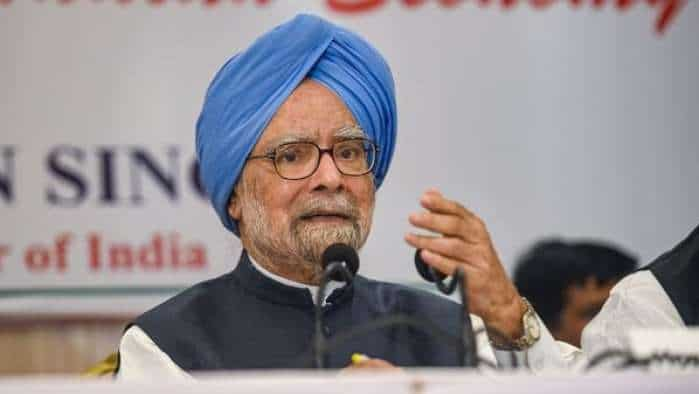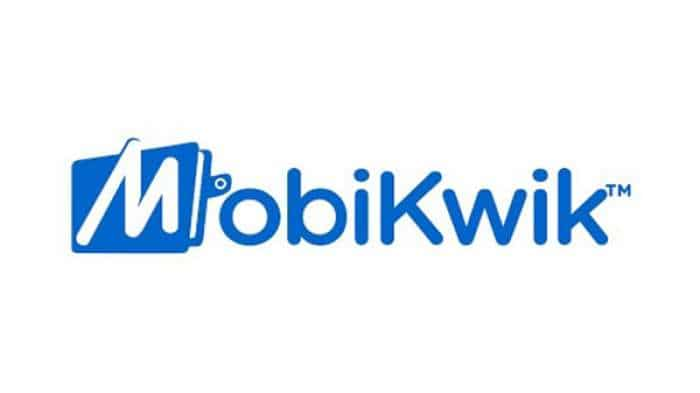Share buybacks hit 18-year high and there's more to come
Now, Coal India said that the board of its arm Northern Coalfield has approved a share buyback plan worth Rs 1,244 crore.

Share buybacks have become new "in-thing" with India Inc with the money spent reaching an 18 year-high.
According to Prime Database, as on January 31, 2017, 33 share buybacks were announced with companies spending a total of Rs 28,460 crore, highest since 1999. During FY15-16, the share buybacks amounted for Rs 1,834 crore.

Last week, the Board of Tata Consultancy Services (TCS) approved share buyback proposal where it decided to buy back 5.61 crore equity or 2.85% of the company's total capital thereby spending up to Rs 16,000 crore.
Following TCS, its rival, Infosys too joined. On Friday, Infosys had sought shareholders' approval to change the company's Articles of Association, which includes provision for share buyback.
Now, Coal India said that the board of its arm Northern Coalfield has approved a share buyback plan worth Rs 1,244 crore.
"Board of Directors of Northern Coalfields Limited (NCL), our wholly-owned subsidiary ... has considered and approved the buyback of 76,356 fully paid equity shares of face value of Rs 1,000 each from the members of NCL on a proportionate basis through tender offer," Coal India Ltd said.
What is share buyback?
Share repurchase or share buyback is program by which a company buys back its own shares from the marketplace, usually because management thinks the shares are undervalued, reducing the number of outstanding shares, as explained by Investopedia.
Why are companies opting for it?
Speaking to Zeebiz, Pranav Haldea, Managing Director of PRIME Database, said there are three major reasons for it: Firstly, buyback has become a more lucrative way to return money to shareholders than dividend, after changes were made to the dividend tax policy.
In 2016 budget, Government had imposed 10% additional tax as a dividend distribution tax for participants receiving dividend more than 10 lakh rupees. After this change, many companies announced small buybacks because cash received through buyback does not require to pay tax if LTCG is applicable.
Secondly, in several companies, there is idle cash in the balance sheet. This affects return ratios. Also, there is pressure from shareholders as stocks haven't performed well. Hence, cash being returned to them via buyback.
Business Standard in a report, quoted Amit Tandon, Founder and Managing Director, Institutional Investor Advisory Service India Ltd, said, "Cash on the balance sheet often dampens returns. For one, cash in the bank typically earns lower returns than cash deployed in business activities. In case of Infosys, the business earns 15%, while cash on its books yields 8%, muting returns. If this cash is returned to shareholders or deployed elsewhere, return ratio will improve."
Haldea said that the promoters want to give temporary support to share price. Through buyback, the supply of the share in the market is reduced which leads to higher price.
Share buyback: New option for government?
Share buybacks have become favourable option for the government to divest its shares in public sector companies. Major contributor in 2016 of the total buybacks were PSUs, using Rs Rs 17,047 crore on buybacks.
NMDC's share buyback was the biggest from a PSU last year. The state-owned company bought shares worth Rs 7,527 crore.
The Finance Ministry had in May last year had issued guidelines for capital restructuring under which profit-making PSUs were expected to utilise their idle capital through exercises such as stock split and share buyback.
Get Latest Business News, Stock Market Updates and Videos; Check your tax outgo through Income Tax Calculator and save money through our Personal Finance coverage. Check Business Breaking News Live on Zee Business Twitter and Facebook. Subscribe on YouTube.
RECOMMENDED STORIES
03:31 PM IST











 Share Market News: Infosys, Indigo Paints, GIC, Infibeam, other stocks to track today
Share Market News: Infosys, Indigo Paints, GIC, Infibeam, other stocks to track today  Jai Corp stock set to trade ex-buyback on Tuesday
Jai Corp stock set to trade ex-buyback on Tuesday Share Market News: RailTel, Samvardhana Motherson, MGL, 14 other stocks due to trade ex-dividend on Wednesday; see list
Share Market News: RailTel, Samvardhana Motherson, MGL, 14 other stocks due to trade ex-dividend on Wednesday; see list  Bonus, Share Split, Dividend Stocks: 50+ scrips to trade ex-date on Friday; BHEL, Equitas SFB, Kalyan Jewellers, BPCL, CEAT on the list
Bonus, Share Split, Dividend Stocks: 50+ scrips to trade ex-date on Friday; BHEL, Equitas SFB, Kalyan Jewellers, BPCL, CEAT on the list  Share buybacks no longer to woo investors: here’s why
Share buybacks no longer to woo investors: here’s why